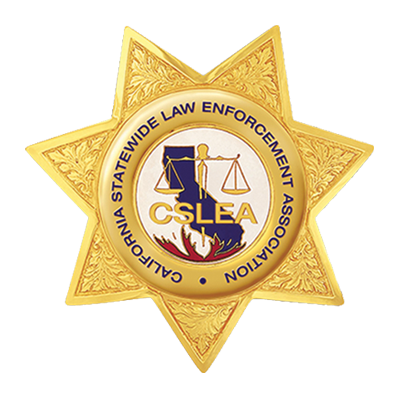
Since the Legislature’s adjournment on September 14, the Governor has been in the process of acting on those bills that passed out of both houses and made it to his desk. Governor Newsom has until October 14 to either sign or veto all such measures. So far, he has made significant progress, signing and vetoing hundreds of bills.
Legislative Update
SB 623, as amended, Laird. Workers’ compensation: post-traumatic stress disorder (Co-Sponsored with California Professional Firefighters, Peace Officer Research Association of California, California Chapter of the National Emergency Number Association and California Statewide Law Enforcement Association)
Existing law establishes a workers’ compensation system, administered by the Administrative Director of the Division of Workers’ Compensation, to compensate an employee for injuries sustained in the course of employment. Existing law provides, until January 1, 2025, that, for certain state and local firefighting personnel and peace officers, the term “injury” includes post-traumatic stress that develops or manifests during a period in which the injured person is in the service of the department or unit. Existing law requires the compensation awarded pursuant to this provision to include full hospital, surgical, medical treatment, disability indemnity, and death benefits.
This bill would instead repeal that provision on January 1, 2029, and would require the Commission on Health and Safety and Workers’ Compensation to submit reports to the Legislature analyzing the effectiveness of the presumption and a review of claims filed by specified types of employees, not included in the presumption, such as public safety dispatchers. This bill also passed out of the Senate and Assembly unanimously and has received the Governor’s signature.
SB 391: Blakespear. Workers’ compensation: skin cancer (Co-Sponsored Bill with the California Fish and Game Warden Supervisors and Managers Association and the California Statewide Law Enforcement Association)
Existing law establishes a workers’ compensation system, administered by the Administrative Director of the Division of Workers’ Compensation, to compensate an employee for injuries sustained in the course of employment. Existing law provides, among other things, that skin cancer developing in active lifeguards, as defined, is presumed to arise out of and in the course of employment, unless the presumption is rebutted. This bill would expand the scope of those provisions to certain peace officers of the Department of Fish and Wildlife and the Department of Parks and Recreation. While this bill passed unanimously out of the Senate and Assembly, it was ultimately vetoed by the Governor.
In his veto message, the Governor said the bill was well-intentioned but “such presumptions should be provided sparingly and should be based on the unique hazards or proven difficulty of establishing a direct relationship between a disease or injury and the employee’s work.” We certainly disagree with his stance here and are working with CSLEA’s leadership to find a solution to this longstanding parity issue.
SB 50 (Bradford) Vehicles: enforcement
This bill would prohibit peace officers from initiating a traffic stop for a low-level infraction unless a separate, independent basis for a stop exists. This bill would result in decreased enforcement and would make it more difficult to hold offenders accountable for traffic violations, which would in turn put the public at risk. Most importantly, the bill would deprive peace officers of a very effective investigative tool that’s often used by law enforcement to gather information needed in an ongoing criminal investigation – apprehending a suspect who is wanted for having committed an unrelated criminal violation or to investigate an unrelated offense. This bill is currently on the Inactive File in the Assembly and awaits any further action as a two-year bill.
SB 94 (Cortese) Recall and resentencing: special circumstances
This bill creates a process for a person who has been sentenced to life imprisonment without the possibility of parole (LWOP) before June 5, 1990, and has served at least 25 years in custody, to seek a recall of their sentence and be resentenced to a lesser sentence. Recent amendments specify that individuals do not qualify for recall and resentencing if they were convicted of first-degree murder of a peace officer, if they were the actual killer of three or more people, or if they were convicted of a sexual offense committed in conjunction with a homicide. This bill was also placed on the Inactive File in the Assembly and awaits any further action as a two-year bill.



